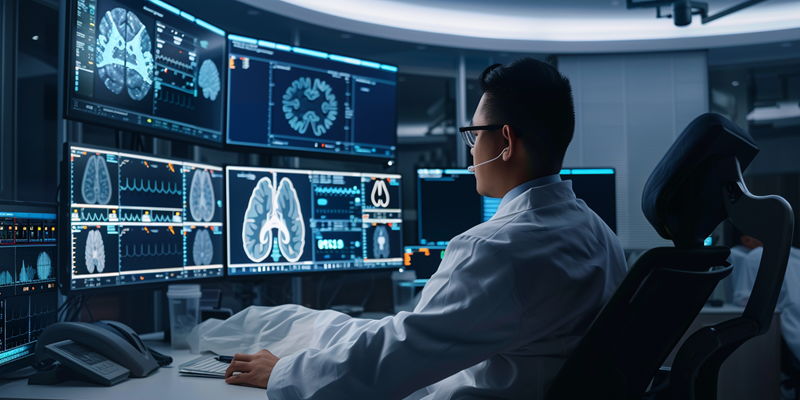In a troubling escalation of digital criminal activity, the Group Health Cooperative of South Central Wisconsin (GHC-SCW) has publicly acknowledged the occurrence of a severe cyberattack. This digital onslaught has left the personal information of an estimated 534,000 individuals vulnerable.
Incident Overview
It has been brought to light that the culpable party is suspected to be an international ransomware syndicate. This group succeeded in bypassing the security measures of GHC-SCW on January 25, 2024, in their quest to compromise the system.
Despite their failure to encrypt the data as intended, the attackers nonetheless skillfully extracted vast quantities of protected health information. The breach saw the unauthorized retrieval of a spectrum of confidential patient data, ranging from names and demographic particulars to more sensitive elements like Social Security numbers and other personal health details.
Response and Mitigation
Post-incident procedures have propelled GHC-SCW into swift action. The breach has been duly reported to federal law enforcement including the FBI, and GHC-SCW is in active cooperation with cybersecurity professionals and the guidance from the US Cybersecurity and Infrastructure Security Agency (CISA).
Member Support Initiatives
In an effort to provide its members with immediate recourse, GHC-SCW is offering a one-year complimentary monitoring service to those impacted. This is designed to monitor for signs of identity theft or other forms of misuse of the exposed data.
Proactive Security Enhancement
As they navigate through the repercussions of the cyberattack, GHC-SCW is committing to significant upgrades to its IT and data security protocols. This offense is not only a wake-up call for GHC-SCW but also an alarming signal to all healthcare entities about the unrelenting nature of cybersecurity threats.
The commotion surrounding this breach emphasizes the ongoing urgency for steadfast and anticipatory safeguards to be in place to defend the sanctity of sensitive healthcare information.

